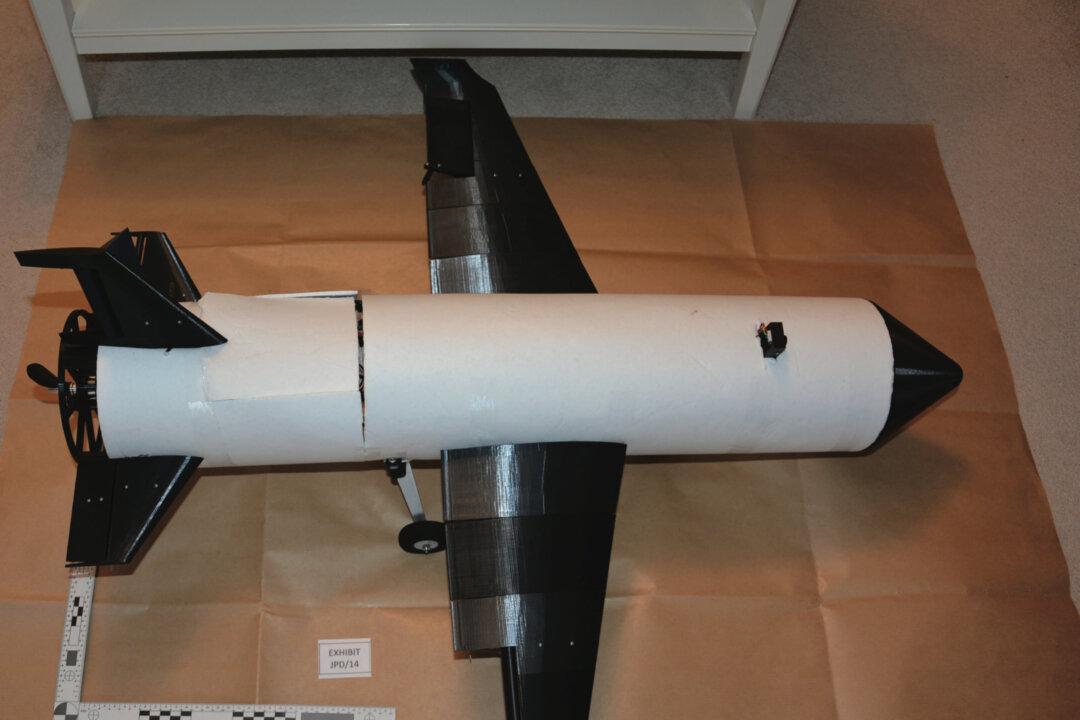A student with a doctorate in mechanical engineering has been convicted of a terrorist offence after a so-called kamikaze drone intended for Islamist terrorists was found in his bedroom.
Mohamad Al-Bared, 26, was found guilty of engaging in conduct in preparation for terrorism by a jury at Birmingham Crown Court on Thursday.





